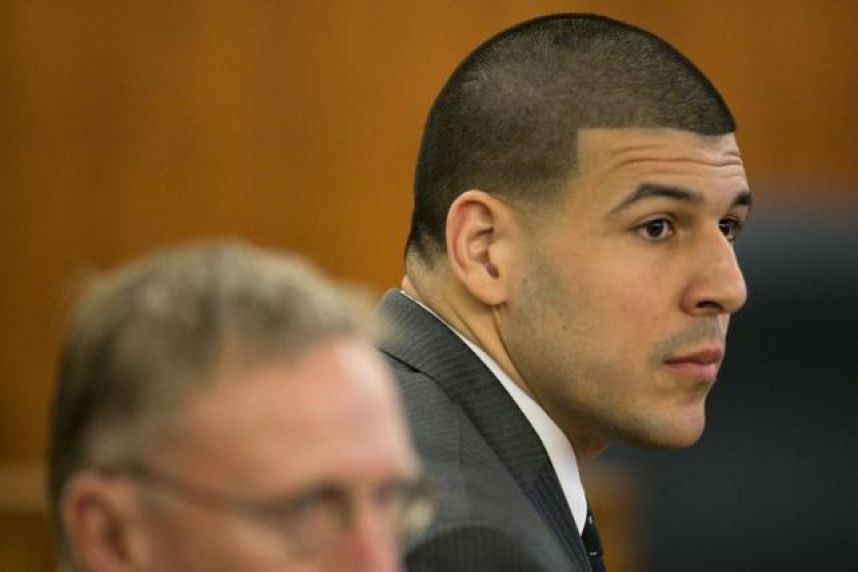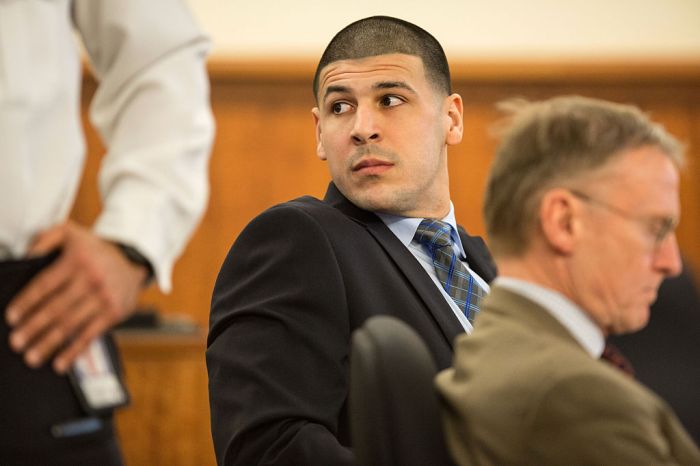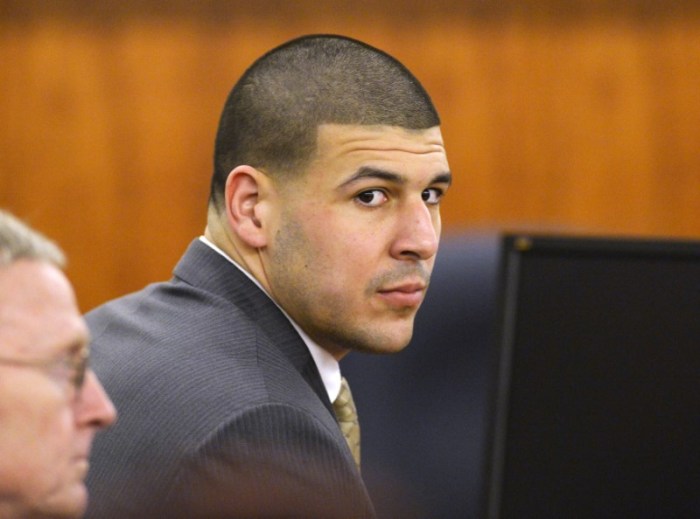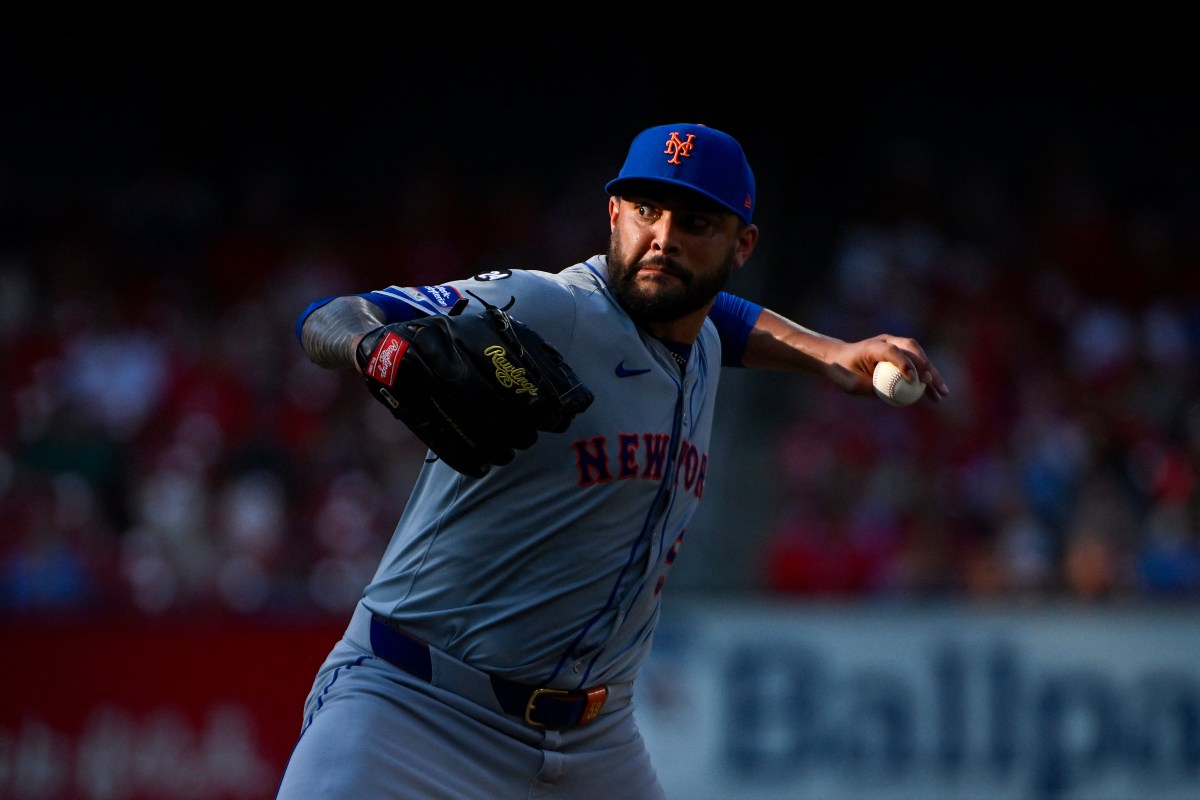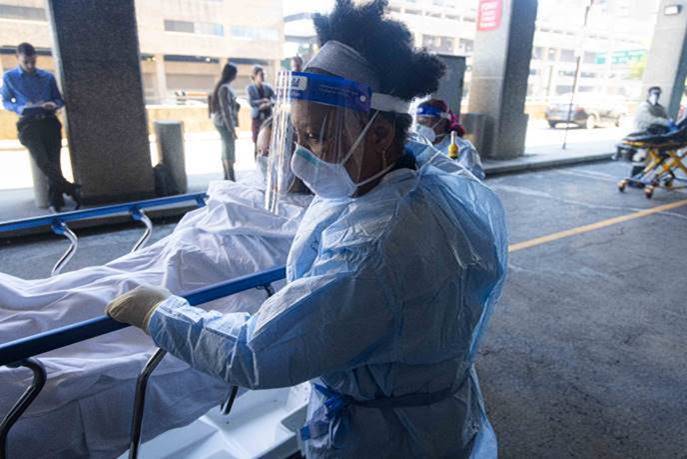Aaron Hernandez’s lawyers are suing the NFL and the New England Patriots after a severe case of CTE was found in the former Patriots star’s brain.
On April 19, Hernandez was found hanging in his cell at the Souza-Baranowski Correctional Center, where the former tight end was serving a life sentence for the 2013 murder of Odin Lloyd. Prior to his suicide, Hernandez had been acquitted of double murder charges.
Following his death, Hernandez’s lawyers had a “heated battle” with the Suffolk County Medical Examiner’s office, attorney Jose Baez said on Thursday, for Hernandez’s brain, so that it could be studied by the Boston University CTE Center.
CTE, or chronic traumatic encephalopathy, is a degenerative brain condition linked to depression and violent outbursts that is commonly found in athletes involved in contact sports who suffer repeated head injuries.
Baez announced that those findings were positive and that a subsequent lawsuit was filed at a press conference on Thursday. The federal lawsuit filed against the NFL and the Patriots has been filed on behalf of Hernandez’s daughter, Avielle.
“Not only were the results positive, but we’re told it was most severe case [BU] had ever seen for someone of Aaron’s age,” Baez said. “Aaron Hernandez had an advanced stage 3 of CTE, which is usually found in the median age of a 67 year old man.”
Hernandez was 27 years old when he died.
Stage 4 is the most severe stage of CTE, according to BU. The examination of Hernandez’s brain was conducted by Dr. Ann McKee, professor of Pathology and Neurology at BU and director of the CTE Center.
When asked if he blames the CTE for Hernandez’s death in prison, Baez said that the team is still investigating, “but the presumptive answer to that is yes.”
Baez also maintains that Hernandez was innocent of killing Lloyd and that the CTE did not play a role in that case.
Baez said that he regretted not having Hernandez undergo any presumptive testing for CTE while he was alive.
“Our client may have been able to understand what was actually happening to him,” he said. “I will say for lawyers representing athletes of contact sports that this is something you should definitely consider, having your clients take some of the presumptive test that are available.”

